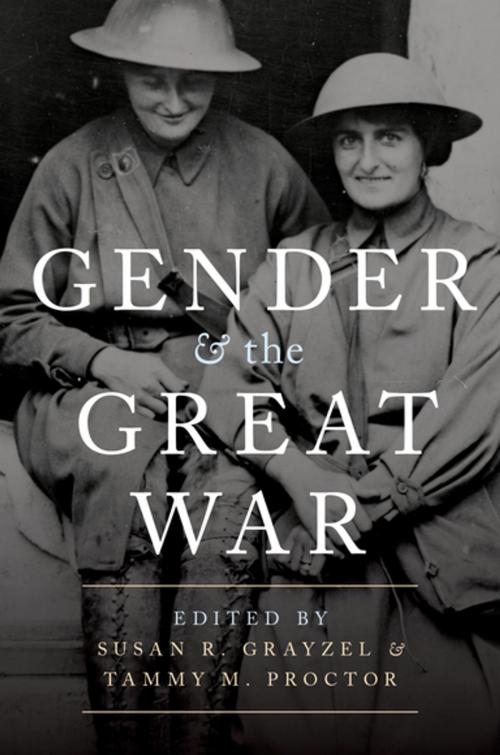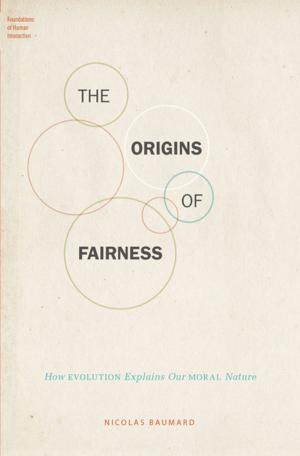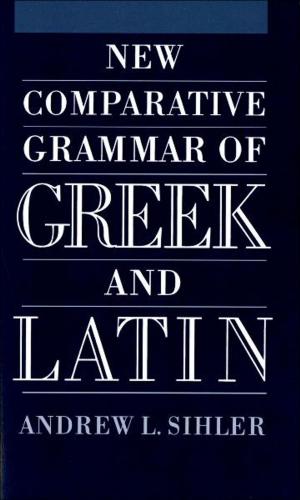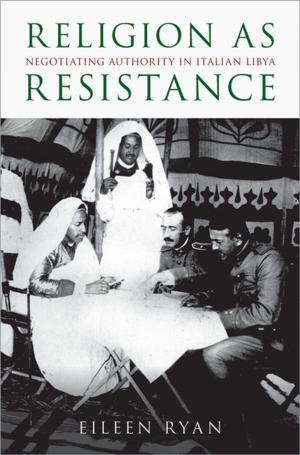| Author: | Susan R. Grayzel, Tammy M. Proctor | ISBN: | 9780190271107 |
| Publisher: | Oxford University Press | Publication: | May 30, 2017 |
| Imprint: | Oxford University Press | Language: | English |
| Author: | Susan R. Grayzel, Tammy M. Proctor |
| ISBN: | 9780190271107 |
| Publisher: | Oxford University Press |
| Publication: | May 30, 2017 |
| Imprint: | Oxford University Press |
| Language: | English |
The centenary of the First World War in 2014-18 offers an opportunity to reflect upon the role of gender history in shaping our understanding of this pivotal international event. From the moment of its outbreak, the gendered experiences of the war have been seen by contemporary observers and postwar commentators and scholars as being especially significant for shaping how the war can and must be understood. The negotiating of ideas about gender by women and men across vast reaches of the globe characterizes this modern, instrumental conflict. Over the past twenty-five years, as the scholarship on gender and this war has grown, there has never been a forum such as the one presented here that placed so many of the varying threads of this complex historiography into conversation with one another in a manner that is at once accessible and provocative. Given the vast literature on the war itself, scholarship on gender and various themes and topics provides students as well as scholars with a chance to think not only about the subject of the war but also the methodological implications of how historians have approached it. While many studies have addressed the national or transnational narrative of women in the war, none address both femininity and masculinity, and the experiences of both women and men across the same geographic scope as the studies presented in this volume.
The centenary of the First World War in 2014-18 offers an opportunity to reflect upon the role of gender history in shaping our understanding of this pivotal international event. From the moment of its outbreak, the gendered experiences of the war have been seen by contemporary observers and postwar commentators and scholars as being especially significant for shaping how the war can and must be understood. The negotiating of ideas about gender by women and men across vast reaches of the globe characterizes this modern, instrumental conflict. Over the past twenty-five years, as the scholarship on gender and this war has grown, there has never been a forum such as the one presented here that placed so many of the varying threads of this complex historiography into conversation with one another in a manner that is at once accessible and provocative. Given the vast literature on the war itself, scholarship on gender and various themes and topics provides students as well as scholars with a chance to think not only about the subject of the war but also the methodological implications of how historians have approached it. While many studies have addressed the national or transnational narrative of women in the war, none address both femininity and masculinity, and the experiences of both women and men across the same geographic scope as the studies presented in this volume.















